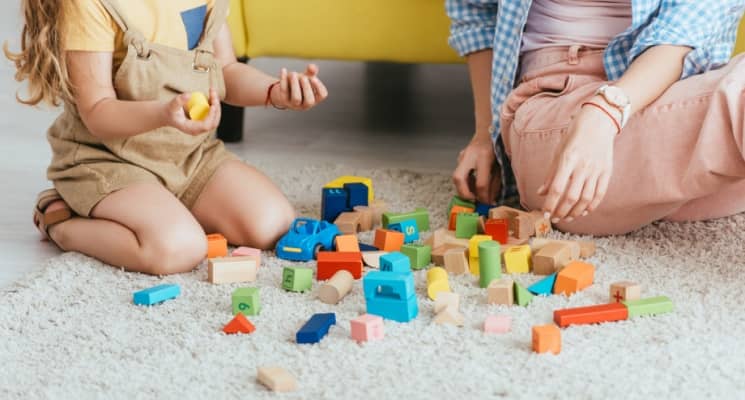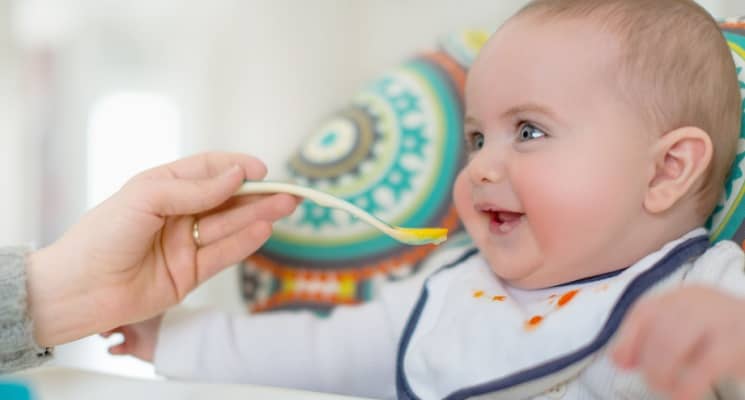Babysitting in Dubai goes beyond feeding and changing. It is about noticing the small gestures babies make, from tiny stretches to sudden cries. For new parents or anyone planning to hire professional help through a nanny agency in Dubai, understanding these signals enables responsive care and strengthens emotional connections.
8 Baby Signs and What They Tell You
Babies communicate nonverbally. When babysitting in Dubai, recognizing these eight gestures will help you respond effectively.
1. Feeding Signals
Infants cannot verbally express hunger, but their gestures do. The rooting reflex, when the baby turns their head toward a gentle cheek touch, is an early sign. Similarly, sucking on fingers or hands may indicate they need food or comfort, while a wide-open mouth means the baby is ready to be fed.
2. Crying Signals
Babies cry in different ways to show their needs. Sharp, sudden cries often indicate pain, while rhythmic cries suggest the baby is hungry. Likewise, whiny, broken cries point to tiredness, and soft, short ones usually mean they are feeling bored or unsettled.
3. Sleep Signals
That dreamy, distant gaze is a gentle signal that your little one is ready for a nap. Similarly, before becoming upset, they will either yawn, rub their eyes, or turn away from interaction.
On the other hand, mild squirming or irritability shows overstimulation, which is your cue to help the baby settle before tiredness worsens.
Paying attention to these signals will help you respond immediately, ensuring a relaxed setting and proper sleep schedules for your little one.
4. Body Movements
Each time your baby wiggles, it means something. For example, quick leg movements or flailing arms may seem like they are having fun, but often signal the need for comfort or interaction, while clenched fists mean they are tense. Back arching or body stiffening also means they are overwhelmed or uncomfortable.
Monitoring such movements helps ensure timely intervention.
5. Facial Expressions
Tiny faces are full of big messages. A soft smile might mean your baby feels safe, happy, or simply enjoys your presence, whereas a sudden frown or tight grimace could point to discomfort or irritation.
Similarly, when a baby puckers their lips, it often suggests the need to suck, whether for feeding or comfort, and wide, alert eyes usually signal curiosity or surprise.
Babies often use these expressions to reach out and connect.
6. Sounds
Your baby’s got a whole playlist and every sound means something. Those soft little coos? That is your baby feeling relaxed, maybe even trying to chat with you in their own way. Gurgles are usually a good sign too, as they indicate that the baby is relaxed, curious, or maybe just vibing with your presence.
Now, if you hear a grunt, don’t panic. It does not always mean discomfort. Sometimes, it may only happen when they are trying to stretch, shift, or push out gas. You will know the difference once you have heard it a few times.
Then there is the loud, high-pitched squeal, which often shows sheer delight at something novel or a familiar face.
7. Eye & Head Signals
Sometimes, your baby’s face says nothing, but their eyes and head say everything. For instance, a locked gaze on a moving object or your face means your baby is fully engaged, curious, and absorbing new information. In contrast, a quick head turn or gaze away often indicates your baby needs a break from sensory overload, too much noise, or multiple people around.
8. Comfort & Bonding Signals
Connection does not need words. When your baby reaches out or grabs your hand, they are asking for closeness. It is their way of saying, “I need you”. Moreover, snuggling into your chest or nuzzling your neck means they feel safe. On the other hand, if they instantly relax when you hold them, that shows deep, quiet trust.
Conclusion
Watching your little one’s subtle signs fosters calm, confidence, and closeness. Each glance, sound, and movement tells you what they need. However, understanding these cues may test your patience or might be time-consuming, especially if you are a working parent. That is where getting help from a trusted nanny in Dubai can make all the difference.
Find reliable caregivers through the ServiceMarket website or app with ease. From part-time babysitters to full-time nannies, the right care is just a click away.







